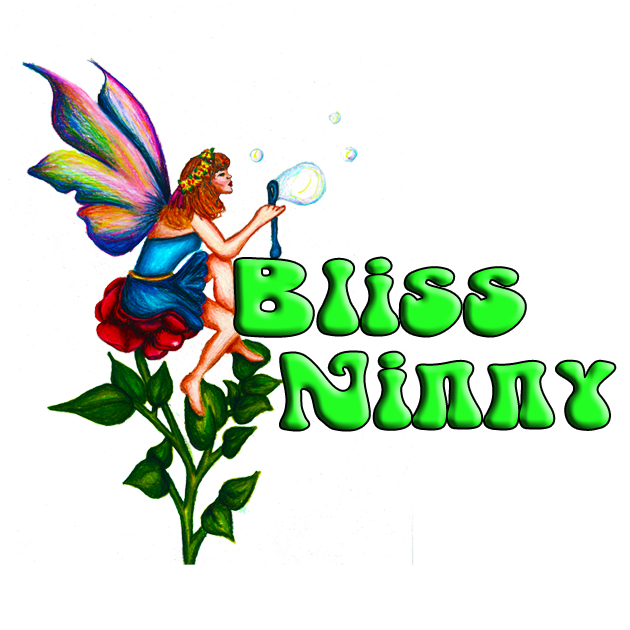
NOTE: Chris dug this up from a few years back, and it still holds true, so I thought I’d offer it for your consideration.
Today, six people have randomly asked me how I can be so aware of all of the layers of psychological stuff going on in the people with whom I read and work—as well as in myself. The answer is, I look for it. I seldom take things at face value. I look beneath the public facade that folks want to show the world. And yeah, being clairvoyant certainly helps, but there are certain response dynamics, common to almost everyone, that just wave a flag that says, “Look right here!”
In terms of working with your own unconscious dynamics, this is one of the little “flags” that helps you become aware of your own stumbling blocks, so I thought I’d put it out there for those who are interested in their own psychological growth. Of all of the work that I’ve done, the books that I’ve read, and the people with whom I’ve studied, there is one dynamic you can play with that produces pure gold, every time.
Here it is: The negative intensity with which you react to something someone says to you, generally reflects how TRUE it is—and, often, how deeply unconscious it is in your psyche. Like it or not, the angrier someone’s words make you; the more it stings—the more likely it is that it’s a direct hit. An indication of how deeply enmeshed you are about something within the energy that was stimulated by the discussion. If it weren’t true, the energy of the statement would have nowhere to stick. It would just roll off your back.
For example, if someone says to you, “You strike me as a very angry person,” and in response you feel a rush of indignant irritation arise in your chest, spitting out, “I’m NOT ANGRY!” and deeply resenting their observation as you call to mind how loving and altruistic you consider yourself to be, it’s a big “Hello!” to something you’ve been keeping from yourself. This is a direct-access line to your shadow self!
Don’t deny it. Don’t judge it. Welcome it! Embrace it! Use those unpleasant moments as tools for self-awareness and change.
Retrain your psychological response centers. Instead of taking refuge in superiority, resentment, or hurt feelings, use your monkey-mind to ask yourself more useful questions; questions like, “What is that tight feeling in my chest about?” and “Why does it feel unsafe to admit to the anger I’m feeling?” and “Why does this feel so familiar?” Nine times out of ten, if you hang out in that place with an open mind, your psyche will offer you memories of life-incidents that just might help bring to consciousness a place where you once needed to armor yourself. And being conscious of it, in and of itself, will help shift the old dynamic to a new place. It can help you realize that the old mindset was just that—old. A habit you no longer need to perpetuate.
Remember that all of your emotional responses originate within YOU. Others don’t MAKE you feel an emotional response—you CHOOSE that response from hundreds of options. And if you chose THAT response, you could now choose a different, more productive one. If you feel an intense negative response to an external stimulus, WORK IT! Don’t ignore it! It may not always be fun or flattering—but the growing pains are generally worth the discomfort.
